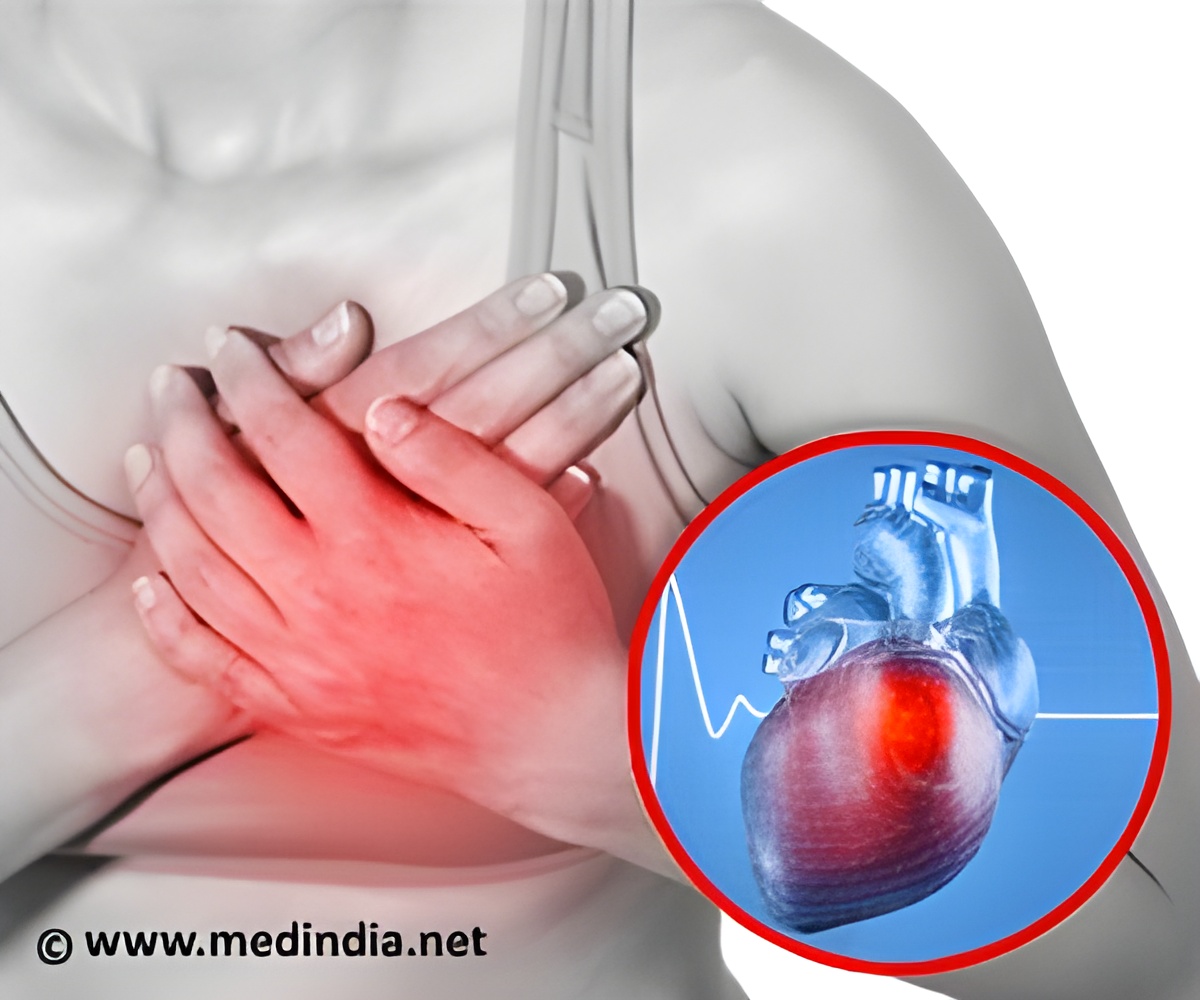With the first pocket-sized manual on acute cardiac conditions, first aid teams are set to improve the survival of heart attack.

The Acute Cardiovascular Care Association Clinical Decision-Making Toolkit is available here http://www.escardio.org/communities/ACCA/education-research/awareness/Pages/toolkit.aspx
Dr Ervigio Corral Torres, Subdirector General of SAMUR - Protección Civil, the ambulance service in Madrid, Spain, said: "When patients have a heart attack they are initially seen by the first aid team, who have little time to decide how to diagnose and treat them. In these critical moments our ambulance doctors will be able to quickly consult the ACCA toolkit, which helps them make the correct decisions in seconds for patients."
He added: "The manual's small size is important because doctors can put it in their pocket and look at it very quickly. The treatment protocols are visually presented in very clear tables and diagrams so doctors can immediately see the path their patient needs to follow."
Dr Corral Torres continued: "Our ambulance doctors are now going to use the toolkit in their daily practice and I have no doubt that it will be another tool to improve the survival of patients who have heart attacks and other acute cardiac problems."
Professor Héctor Bueno, President Elect of ACCA and Editor in Chief of the toolkit, said: "Patients who have a heart attack or other emergency heart problem are first treated by ambulance doctors, not cardiologists. These doctors need to make life or death decisions in seconds and until now there has not been any practical guidance to help them in the field. The ACCA toolkit is small and easy-to-use, with illustrations showing exactly what needs to be done for patients in an emergency."
Professor Bueno said: "Despite huge progress in the care of heart patients, acute coronary syndromes are still a leading cause of death and disability worldwide and particularly in Europe. We know there are big differences between hospitals, between regions and between countries in Europe in the treatment of emergency heart problems. Our toolkit aims to improve the quality of care these patients receive by helping ambulance doctors make the best decisions in the acute phase, and to make sure the same high standards are achieved across Europe."
A mobile application of the toolkit is set to be available in Spring 2014. The pocket version of the toolkit was launched at ACCA's annual meeting, the Acute Cardiac Care Congress,6 where it was given to hundreds of delegates. It is now being distributed free of charge to 20 000 emergency cardiac care practitioners across Europe.
Dr Corral Torres concluded: "Ambulance doctors are under enormous time pressure and have to make crucial decisions fast. The ACCA toolkit clear, easy to use and portable, and will help doctors in their daily practice. We are looking forward to the mobile app of the toolkit, which will make it even more practical."
Source-Eurekalert
 MEDINDIA
MEDINDIA




 Email
Email










